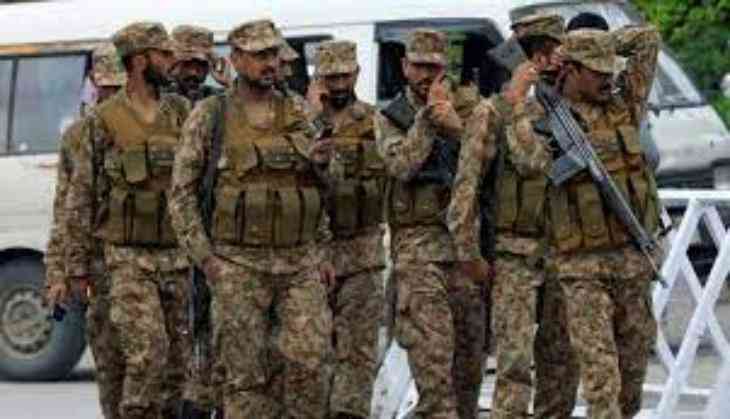Pakistan's Spending Priorities: Weapons over food for its impoverished citizens

Pakistan is one of the poorest countries in the world, with approximately 38% of its population living below the poverty line. Despite the country's significant food insecurity, the government continues to allocate a significant portion of its budget to military spending. This article explores Pakistan's spending priorities and the impact it has on its citizens.
Pakistan's Military Spending
Pakistan's military spending has increased significantly in recent years.
The 2022-23 defence budget is estimated to be PKR 1.53 trillion (USD 7.5 billion), a phenomenal 12 per cent increase over the original military expenditure in 2021-22.
Impact on Poverty and Food Security
Pakistan's spending priorities have had a significant impact on poverty and food security in the country. Despite being an agricultural country, Pakistan has been unable to feed its population, with an estimated 25 million people experiencing food insecurity.
The country's spending on weapons has been criticized by many as being excessive, particularly given the dire situation of its citizens. Pakistan's poverty rate has been increasing over the years, and its government has failed to provide basic necessities to its people, including access to food, clean water, and healthcare.
Additionally, Pakistan's military expenditure has resulted in a lack of investment in other sectors, including education and healthcare, which could help alleviate poverty and food insecurity in the long run.
Criticism from Human Rights Groups
Human rights groups have been critical of Pakistan's spending priorities, with many arguing that the country's focus on military spending is at the expense of its citizens. The country has been accused of neglecting the basic needs of its people, including access to food, shelter, and healthcare.
The government's failure to address poverty and food insecurity has resulted in a dire situation for many Pakistanis. It is crucial for the government to address these issues and prioritize the basic needs of its citizens over military spending.

